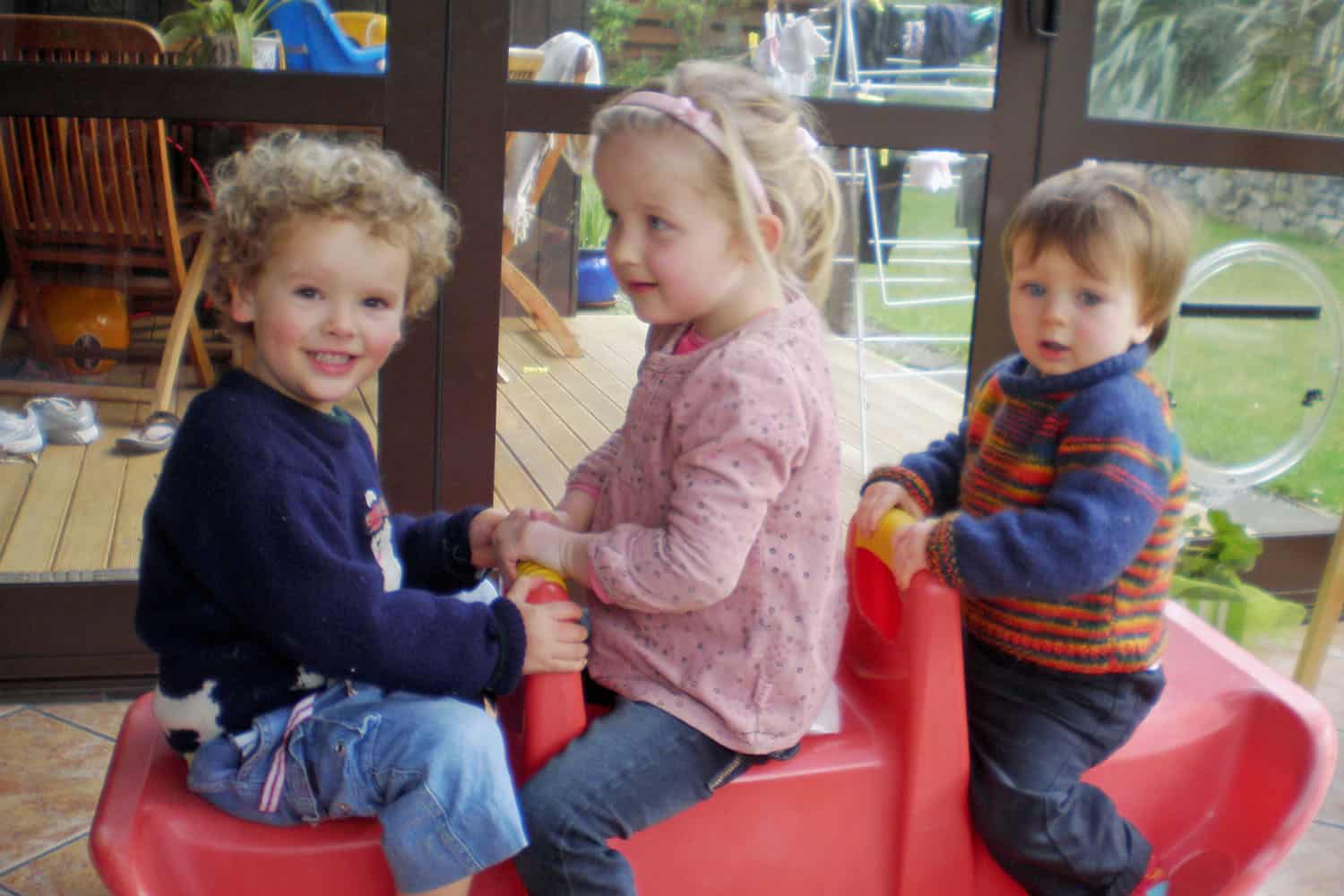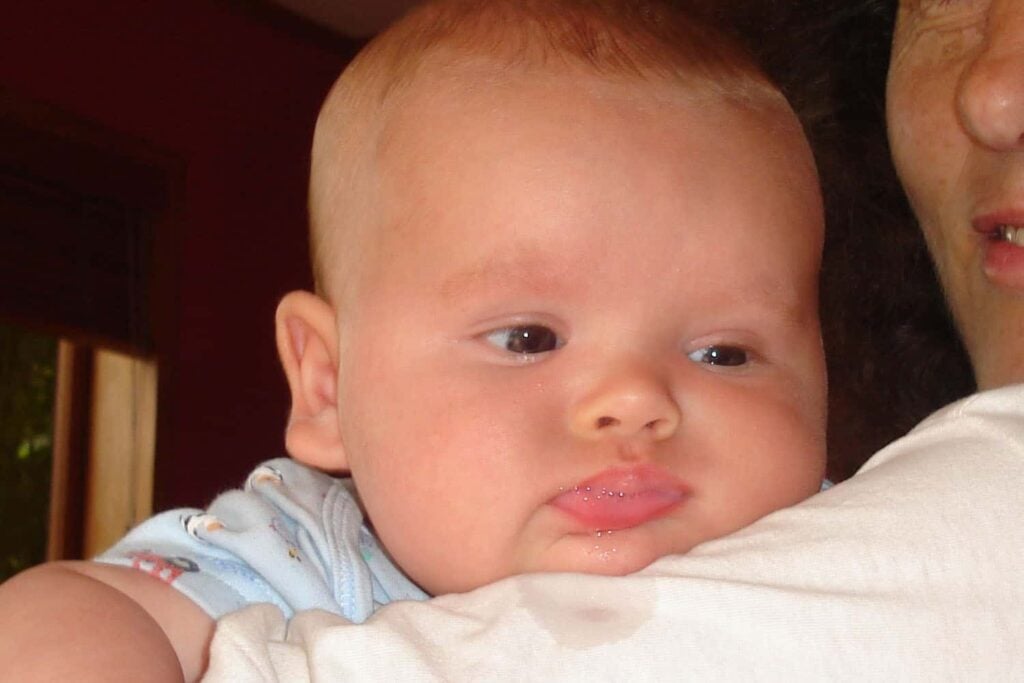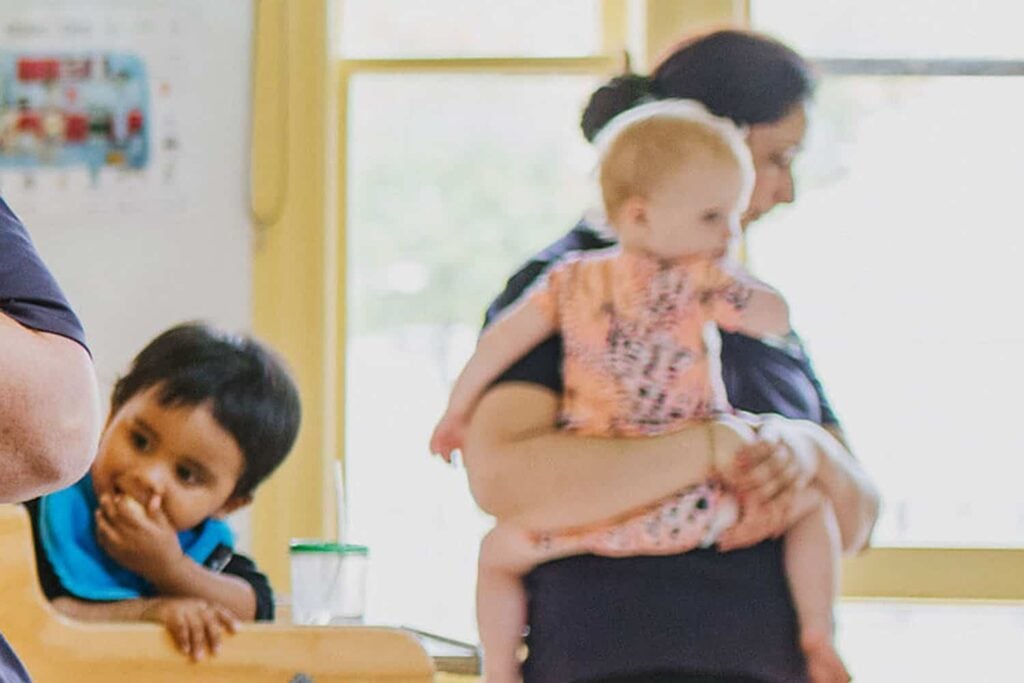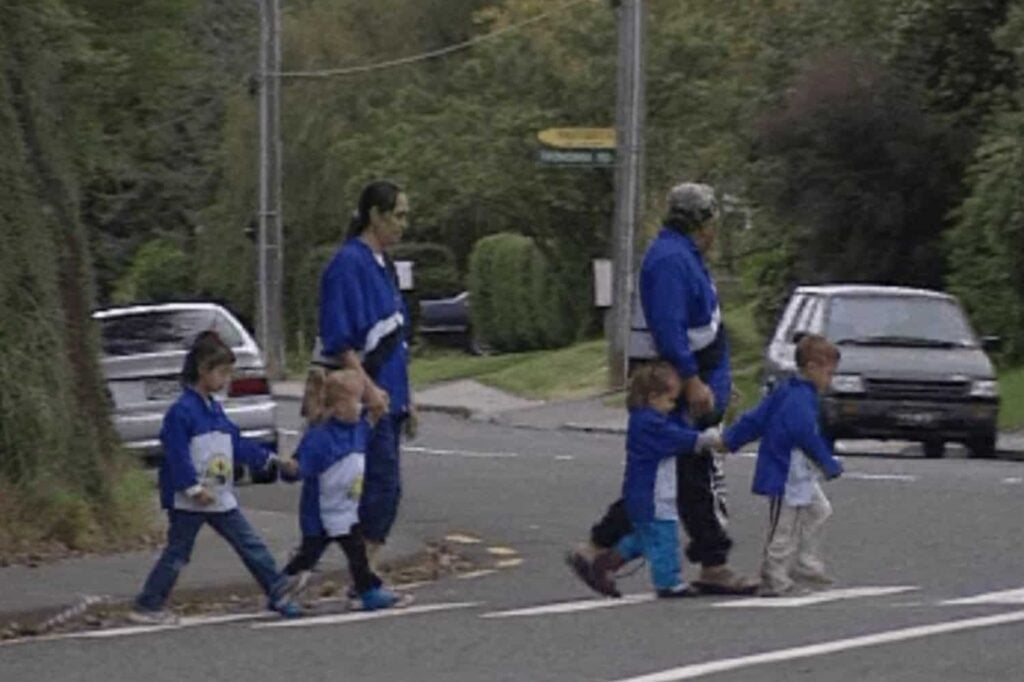July 5, 2013.
The Education Ministry has shelved plans for a review of home-based early childhood education, opting instead to look at other ways of supporting the sector.
The review was initially announced in 2012. It was welcomed by many in the home-based sector particularly by lobbyist the New Zealand Home-based Association which had been calling for a review for some time with a view to strengthening regulations and improving quality and consistency.
The ministry now says two other work programmes already under way will take priority over a separate review of home-based care.
Any changes to, or review of, home-based ECE will now be deferred until after the new Early Learning Information System (ELI) for data management and the ECE Funding System Review have been implemented in 2015.
The ministry’s group manager of Early Childhood Education Karl Le Quesne said many of the “funding, transparency and quality concerns that gave rise to the proposed review” could be resolved through these two programmes.
In the meantime the ministry plans to focus on ensuring the quality of home-based care through its continuous business improvement processes.
It also plans to focus on ways to increase participation in home-based ECE by priority groups as part of a government drive to increase participation in ECE by 2016.
In advice to Education Minister Hekia Parata released by the ministry it states that while home-based ECE has been growing, the rate of enrolment of priority groups such as Māori and Pasifika children in these services is below the national average. According to the advice, 17 percent of children enrolled in home-based ECE were Māori compared to 21% nationally and just 3% of enrolled children were Pasifika compared to 7% nationally.
The ministry now intends to consult with the New Zealand Home-based Association and the more recently founded Home Early Learning Organisation to discuss ways to increase enrolments from priority groups.









